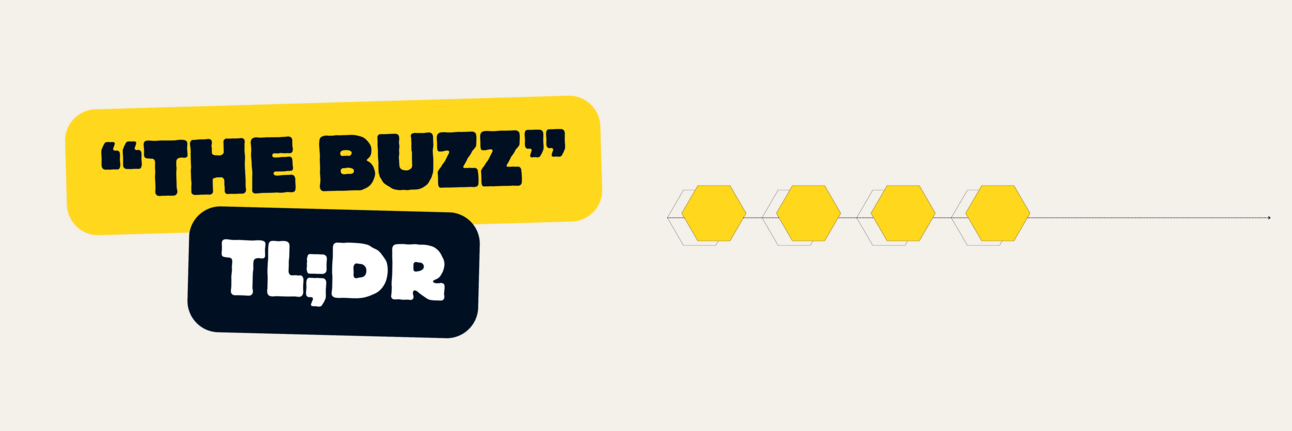



Welcome to Lesson 34 of The Purposeful Performer!
Perplexity just shocked the tech world with an unsolicited bid for Google Chrome. Bold? Absolutely. Reckless? Not at all. Strategic genius.
Even if Alphabet never sells Chrome, Perplexity just forced itself into boardroom conversations at one of the world's most powerful companies. That's the exact same principle you can deploy with your Diamond Accounts.
An unsolicited bid isn't about winning the entire deal—it's about earning attention, creating narrative leverage, and building the confidence to think like a category designer. When executed with precision, it transforms you from vendor to visionary.
Total points up for grabs: 15

Warning: This is an advanced strategic tactic. It’s not to be overused.
"The best way to predict the future is to invent it."
The unsolicited bid is the ultimate power move in strategic selling. It's not about responding to RFPs or waiting for buying cycles—it's about creating them.
Look at what Perplexity just did. They saw the DOJ potentially forcing Google to divest Chrome and didn't wait for an auction. They proactively positioned themselves as the natural acquirer. Whether or not they get Chrome, they've achieved three critical things:
Elevated their status from AI search startup to serious player worthy of Google (and the market’s) attention
Created narrative leverage that will be discussed in every investor meeting and strategic conversation
Demonstrated category design thinking by reframing the conversation around who should own the future of browsing
This is exactly how you should think about your Diamond Accounts. Instead of waiting for them to realize they have a problem, you present them with a transformational future they didn't know was possible—backed by their own data and delivered with surgical precision.
The unsolicited bid is category design in action. You're not competing in their existing category; you're creating a new one where you're the only logical choice.

A bold half a billion-dollar bid
“If you want to build a ship, don't drum up people to collect wood and don't assign them tasks and work, but rather teach them to long for the endless immensity of the sea."
Six years ago, I sent a half-billion-dollar unsolicited proposal to a global telco giant. No RFP. No formal buying process. Just pure strategic audacity backed by irrefutable data.
Here's what happened: We'd won a small proof-of-concept with their mobile brand. Through that engagement, we discovered they were hemorrhaging $198M annually on customer service labor costs in their parent cable company. Armed with their actual data, we architected a three-year transformation that would save them $90M while we'd generate $504M in revenue.
The beauty of the unsolicited bid? We didn't win the full half-billion. But we did close a $6.6M deal that became my largest that year. More importantly, our narrative became their narrative. Our vision became their strategy. Our proposal was being discussed in rooms we weren't even invited to.
That's the real magic. Like Perplexity's Chrome bid, the unsolicited proposal does three things:
Forces executive attention - You bypass middle management and procurement to get directly to power
Reframes the conversation - You're not a vendor responding to requirements; you're an architect of transformation
Creates competitive immunity - When you define the category, competitors can only react to your narrative
Consider what Perplexity has done. Even if they don't acquire Chrome, they've:
Positioned themselves as a serious alternative to Google in every tech publication
Forced Google executives to consider them as a legitimate threat
Created a rallying cry for their team and investors around a bold vision
That's exactly what your unsolicited bid can do for your Diamond Account.
We’ll break down how you can develop the confidence to do this below, and inside the mission, I include an example of an unsolicited bid narrative proposal I’ve been sharing with my coaching clients.
TO CONTINUE, YOU MUST BE A MEMBER
Become a member of The Purposeful Performer to get unlimited access to this lesson and other member-only content.
UPGRADE NOW!




